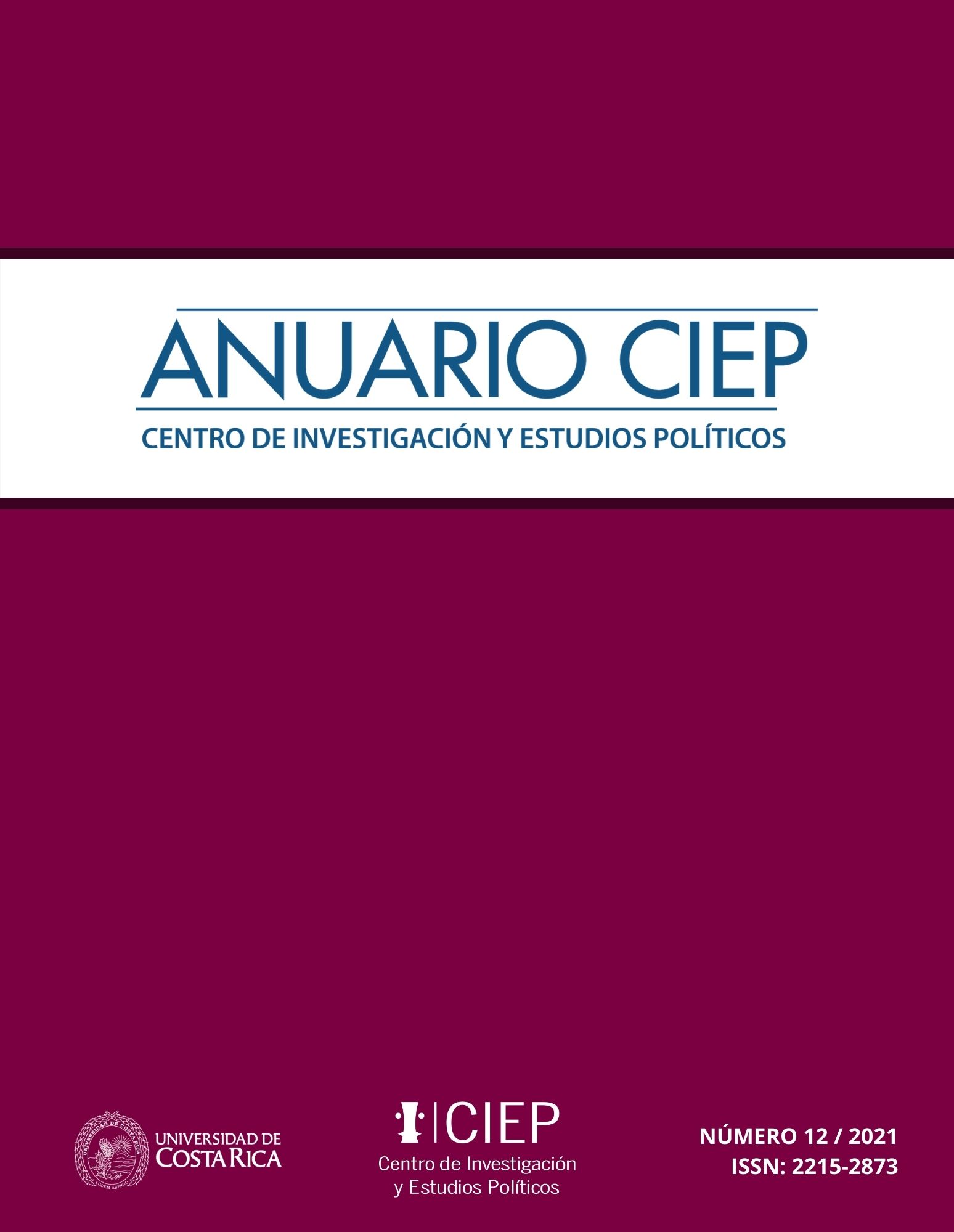Abstract
Mini-cities are negotiated and advertised as new real estate products that contribute to various changes for adapting local realities and to the challenges imposed by metropolises. This article deals with how the real estate market uses the historical Costa Rican green exceptionalism and the architectural theory of New Urbanism (NU) to inspire the design of mixed-use projects called mini-cities, in Costa Rica and, thus justify the sale and promotion of alleged "new" urban products. The methodological strategy includes a brief historical analysis of concepts that concatenate in a discussion about advertising discourse and landscaping techniques, since this is a window for understanding the "discursive mechanisms" of various actors. The selected case study is the oldest Costa Rican mini-city: Avenida Escazú. The contribution of the article is a reflection on the symbolic advertising discourse, from the perspective of urban geography and semiotics, to identify how the private sector uses green exceptionalism to justify the “novelties” in the dynamics of consumption in mini-cities. It offers to go beyond a classic binary conclusion and, in this way, questions and highlights the complexity of the NU in Costa Rica. It is concluded that the private sector participates in the mutation of spaces, practices and exchanges in various urban forms, providing what the public sector has not been able to satisfy: the feeling of security, cleanliness, fashion, tranquility and comfort related to traditional urban forms.

